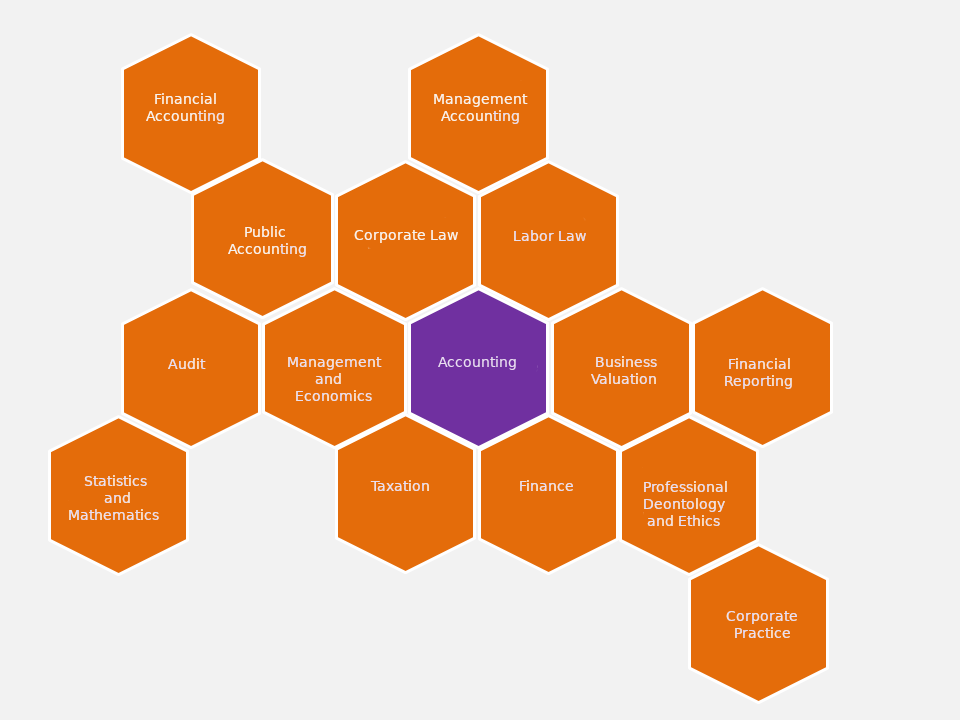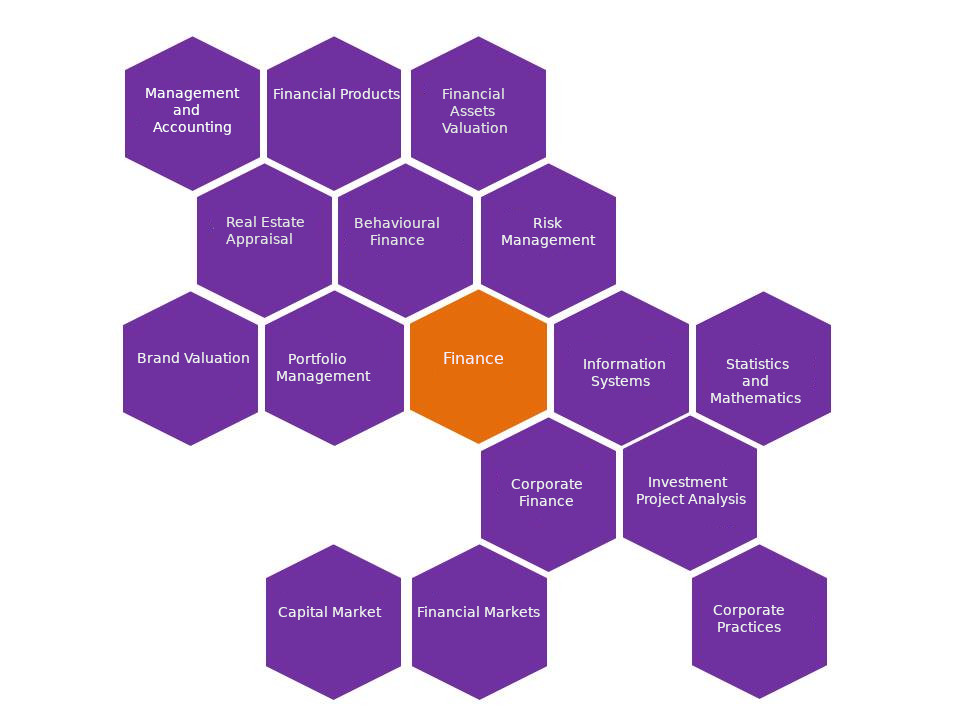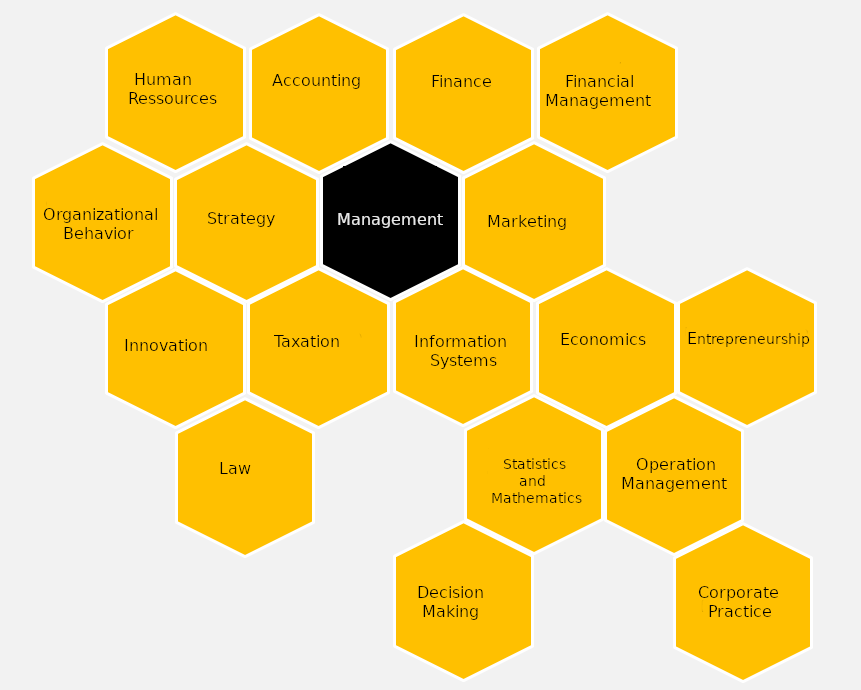Acounting
The training in Accounting aims to qualify professionals able to: Perform the recognition and measurement of transactions of the cycles of exploration, investment and financing of public and private entities; Prepare the documents of accountability; Perform the calculation of results and the determination of tax; Interpret the information disclosed by the documents of accountability; Deal with the accounting and tax aspects associated with concentrations of business activities and perform the consolidation of accounts of business groups; Comply with accounting and tax obligations of organizations; Plan and perform financial audits; Structure internal control systems within organizations; Apply the rules of the Portuguese tax system in terms of personal and corporate income taxation (IRS, IRC), consumption taxation (VAT), property taxation (IMI) and others (stamp duty); Use information and communication technologies and digital tools associated with accounting and tax compliance.
Finance
The training in Finance aims to train professionals capable of making informed financial decisions, particularly investment decisions and financing decisions, both short, medium and long term, in order to maximize the value of organizations, while providing graduates with an integrated set of dynamic skills to solve management problems, especially integrating the financial aspect, solidly grounded in knowledge and ability to understand information in the area of corporate finance and financial markets. It is intended to provide skills that allow Develop knowledge in financial reporting; Critically analyze documents of accountability; Understand how to compare values that are positioned at different times; Analyze and decide among the existing financial instruments which best suits each situation (financing or application); Understand what are the effects of capital structure and dividend policy in the value of the organization; Evaluate investment projects; Structure a performance evaluation of an entity; Evaluate financial assets, real estate and brands; Recognize and develop strategies for investment in financial assets; Understand the operation of the tools and techniques of portfolio management and risk; Make consistent strategic portfolio management decisions and risk hedging; Analyze the efficiency of markets; Understand the advantages and disadvantages of venture capital, initial public offerings, listing on international stock exchanges; Understand the risk factors of default.
Management
The degree in Management aims to qualify entrepreneurial people and aware of their ethical and social responsibility, able to act in global, complex and changing environments, allowing them a qualified entry into the labor market, exercising management functions in companies and other organizations in various functional areas: in the financial area, commercial and marketing, operations management and human resources. Among the functions, for which skills are acquired, we highlight the following: Analyze the economic and financial situation of an organization; Design the strategy of a business (expansion, diversification, etc.); Develop the process of internationalization of a company; Analyze issues of financing and capital applications; Select funding sources; Forecast demand and prepare production plans; Prepare a business plan; Manage sources of supply and stocks; Manage the human resources of an organization; Conduct a market study; Prepare a marketing plan; Use management software and other decision support tools; Manage projects.
Marketing
The training in Marketing aims to prepare professionals with multidisciplinary and specialized training for the exercise of activities in the areas of marketing, able to analyze and know the markets, to understand consumer behavior and to determine business opportunities. Develop market studies, segment the market, generate and disseminate market information, and respond to the market by seizing opportunities or creating them by investing in innovation. Formulate and implement marketing strategies perfectly aligned with the business strategies, committed to value creation and sustainability. Manage the client portfolio, personalizing relationships and identifying sources of value with the aim of building loyalty among the most valuable clients for the company. Conduct negotiation processes in different cultural contexts and manage conflict situations. Manage the sales force and work teams. Develop merchandising and sales promotion actions. Develop communication strategies, using advertising, public relations, sponsorship, among other forms of communication. Use communication and information technologies and digital tools to research the market, convert data into knowledge that supports digital marketing strategies, produce online accounts/profiles as well as content in an AIDA logic, publish them, promote and propagate them through social networks, sell, personalize relationships with customers and do the evaluation and control, measuring traffic and goals associated with websites and social networks.



